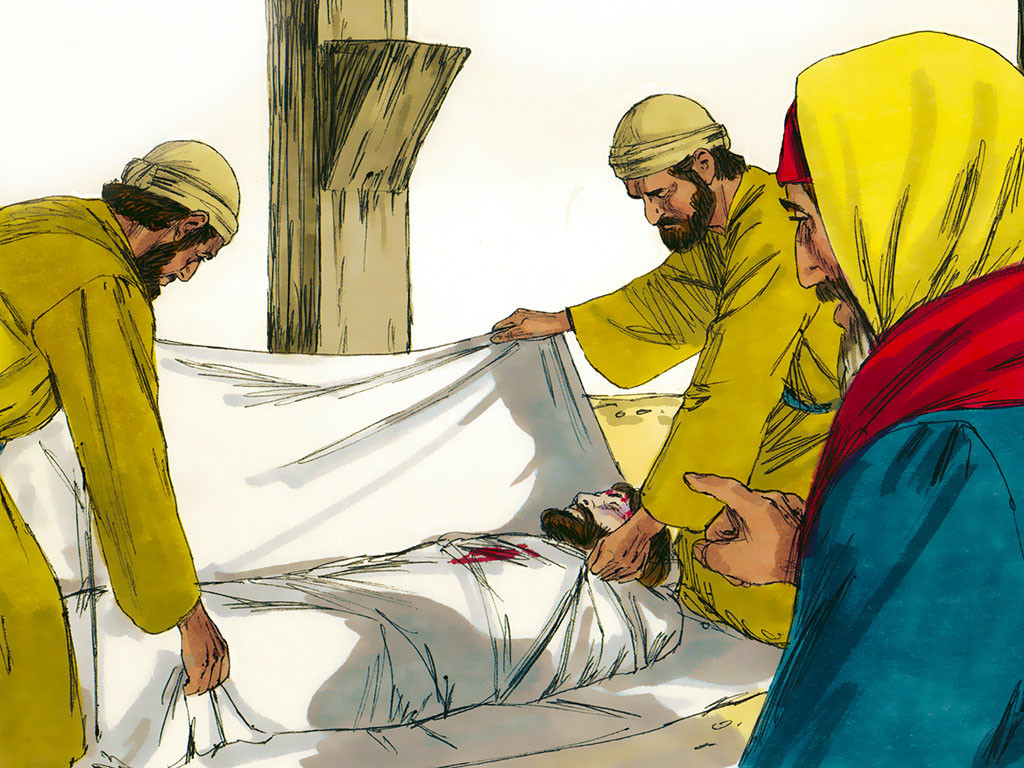Since the beginning of humanity: How many people have lived and died? I asked Dr Google who estimated 117 billion. How many lives have been really significant? Just a few, maybe Ghandi and Nelson Mandela in recent years? How many deaths have had significance? Even less. There have been martyrs for a cause, but only one death has changed western civilization.

I am continuing a sermon series on Christology. I am asking who is Jesus and what did he do? The Uniting Church stands in the Protestant tradition which placed the death of Christ at the centre of its ‘protest’ against the Roman Catholic Church. So it is important, I think, to look at the various ways in which the atonement, meaning of his death, has been interpreted in the church. It is not surprising that there are various theories since the New Testament does not speak with ‘one voice’.
Since the beginning of humanity: How many people have lived and died? I asked Dr Google who estimated 117 billion. How many lives have been really significant? Just a few, maybe Ghandi and Nelson Mandela in recent years? How many deaths have had significance? Even less. There have been martyrs for a cause, but only one death has changed western civilization.
I am continuing a sermon series on Christology. I am asking who is Jesus and what did he do? The Uniting Church stands in the Protestant tradition which placed the death of Christ at the centre of its ‘protest’ against the Roman Catholic Church. So it is important, I think, to look at the various ways in which the atonement, meaning of his death, has been interpreted in the church. It is not surprising that there are various theories since the New Testament does not speak with ‘one voice’.
I will now briefly outline some theories of the atonement:
- Christ’s example and moral influence.
This rests on the whole of Christ’s life and not just his death. It includes his teachings. In the cross we see a martyr’s death, it is self-sacrifice and we are inspired to follow his example. Peter Abelard (d. 1142) is a theologian who is associated with this view. A verse that illustrates this would be Ephesians 5:25, “Husbands love your wives as Christ loved the church and gave himself up for her.” The idea of moral influence has universal appeal and an almost every Christian would agree that Christ provides a perfect example of Christian living.
- Ransom Theory
This theory has more of a focus on the effect of Christ’s death. The context is slavery which was practised throughout the Roman Empire. A slave’s life was not his or her own and could only be made free at great cost. Jesus said about his ministry, “For the Son of Man came not to be served but to serve, and to give his life as a ransom for many.” (Mark 10:48)The idea of a ransom associated with Christ’s death is mentioned a few times in the New Testament. Later theologians such as Origen (d. 253) developed, what I think is a somewhat fanciful idea, that Adam and Eve by their sin ‘sold’ humanity to the devil and so God had to pay a ransom to free us. But the idea of Christ’s sacrifice to set us free was to have enormous influence over the centuries.
- Christus Victor
That Christ was the victor over Satan and demonic powers was the dominant view for most of the early church until about the 12th century. Christ died to defeat the powers of evil which includes sin, death and the devil. Hebrews 2:14 about Jesus, “so that through his death, he might destroy the one who has the power of death, that is the devil.” The idea of a cosmic battle is seen most vividly in Revelation the last book in the NT. The theologian most associated with this is Gustaf Aulen (d. 1977) in the 20th century. Theologians in the early church adopted some bizarre imagery arguing that Jesus was the bait on a mousetrap to trap Satan. But is not necessary to go to bizarre lengths, since a restrained view of it informs the earliest liturgy for the Holy Communion (which we have used at GUC in the Hippolitian Rite). I believe this theme is very relevant to the political and spiritual battle of the church against powers of evil.
- Satisfaction and penal substitution
Many contemporary Christians find this viewpoint ugly and even an offence to the idea of a loving God. The idea of the justice of God requiring satisfaction was argued in the writings of Anselm (d 1107). This is the first theory that brings up a notion that the death of Christ affects God the Father. But there are verses to support this, for example St Paul “For our sake, he made him to be sin who knew no sin, that in him we might become the righteousness of God.” (2 Corinthians 5:21).
The reformers Luther (d. 1546) and Calvin (d. 1535) developed what is been called the penal substitution theory which has more of a legal focus. The idea is that the death of Christ satisfies God’s wrath against humanity’s sin and Jesus took our punishment upon himself. Again, there are verses to support this in the NT, “He has passed over sins” (Romans 3:25-26). It is interesting that the New Testament sometimes combines what we would see as separate theories, for example Colossians 2:14-15, “God forgives us all our trespasses, cancelling the debt that stood against us with its legal demands. He set this aside nailing it to the cross. He disarmed the rulers and authorities and made a public example of them, triumphing over them.” So substitution, ransom and Christus Victor. There is also a theory of the atonement called the Governmental which is associated with Methodist church and is close to the substitutionary but argues that Christ died for only those in the church. I think that is important to acknowledge that the New Testament links the death of Christ to the unwarranted favour of God towards us through grace. You don’t have to be a fundamentalist to believe that!
- Scapegoat theory
This is a very recent view associated with the French intellectual and Roman Catholic scholar René Gerrard. It is a theory of nonviolent atonement in which Jesus is not a sacrifice but a victim. It argues that God’s way of overcoming human violence was to substitute himself as a victim. This view has attracted a lot of interest and if you are theologically inclined, then this is an interesting perspective.
Invite questions from congregation:
Conclusion
Thankfully we are not saved by theories. We are saved by Jesus Christ. It is the who that matters, not the how. Notice the way that the Gospel of John expressed it, “For God so loved the world that he gave his only son, so that everyone who believes in him may not perish but have eternal life.” (John 3:16).
I believe it is possible to draw two conclusions from my brief survey. First, the biblical witness to the meaning of Christ’s death is complex and not easily resolved in one viewpoint. I think this gives us freedom to move and space for creativity. The last word on the meaning of Christ’s death is yet to be heard. Second, the death of Christ remains important in the church because in a mysterious way it changed the relationship of God to humanity. However, we understand it, we experience undeserved grace and divine favour. And that is good news!
Rev Dr Bruce Stevens is the supply minister at Gungahlin Uniting Church.
Images by Sweet Publishing / FreeBibleimages.org


